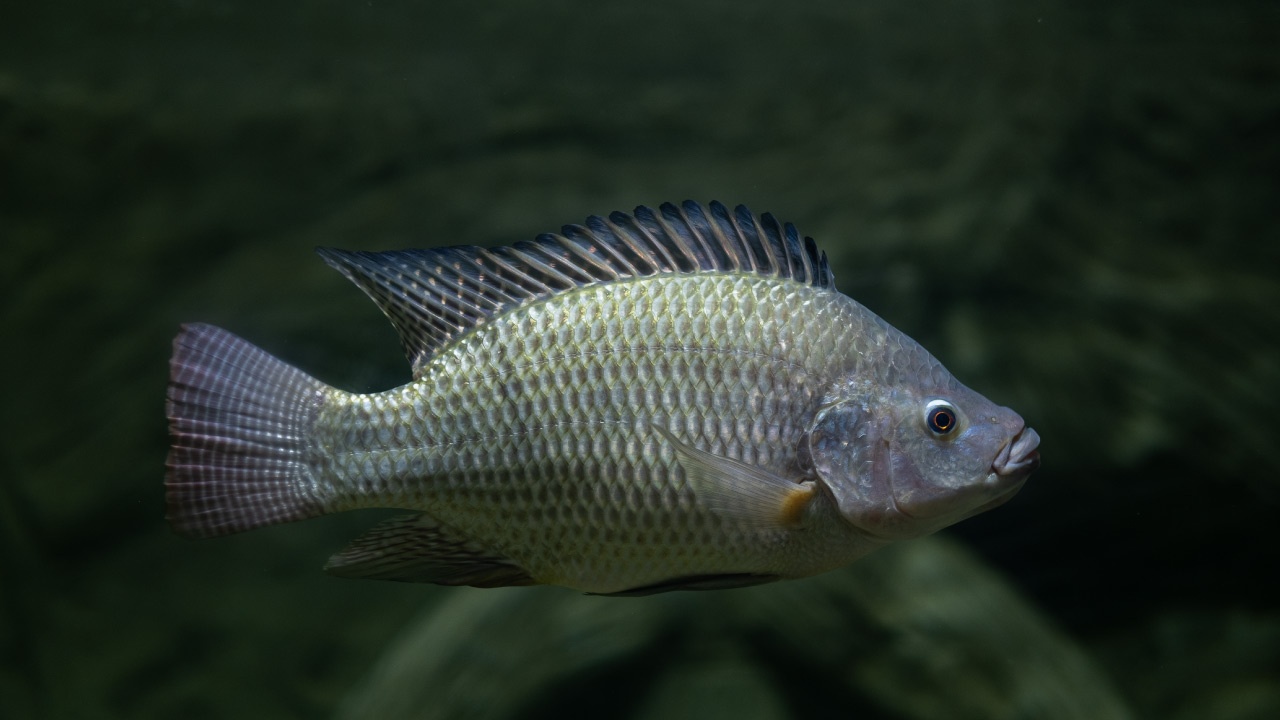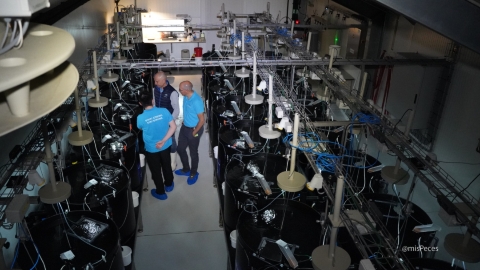
A groundbreaking study has highlighted the potential of supplementing aquaculture feed with calcium disodium ethylene diamine tetraacetic acid (EDTA), a chelating agent, to significantly enhance the growth and health of tilapia. The findings are particularly relevant for high-density farming systems, making a potential breakthrough in sustainable aquaculture practices.
The study addresses one of the industry’s most persistent challenges: overcrowding, which leads to poor water quality, low oxygen levels, and elevated nitrate concentrations-all of which cause stress and compromise fish health.
Researchers identified EDTA as a powerful tool for reducing the bioavailability of toxic metals in water while simultaneously improving nutrient absorption in fish.
The research, conducted on 4,200 tilapia, involved feeding the fish with diets supplemented with varying levels of EDTA (0 grams per kilogram, 5 g/kg, 10 g/kg and 15 g/kg) across different stocking densities.
According to the results, the most effective dose of the chelating agent was 5 grams per kilogram of feed. This dosage proved to be the most efficient in alleviating oxidative stress, enhancing growth performance, and reducing cortisol levels along with other stress indicators under high-densities conditions.
Biomarkers such as catalase, superoxide dismutase, and glutathione peroxidase indicated improved antioxidant activity in EDTA-fed fish.
Histological analysis of gills showed reduced structural damage, such as lamellar fusion and hyperplasia, in fish receiving EDTA-supplemented diets.
The study underscores the need for further research to fully understand the long-term effects of EDTA use on fish health, water quality, and ecosystems. Nevertheless, it presents a promising innovation for the aquaculture industry to move towards more sustainable and welfare-focused practices.
The findings also suggest broader applications of EDTA beyond tilapia farming. Researchers recommend exploring its effects on other high-density farmed species, including Mediterranean species. However, for widespread adoption, regulatory bodies will need to assess the environmental safety of EDTA use to ensure balanced and responsible implementation.


